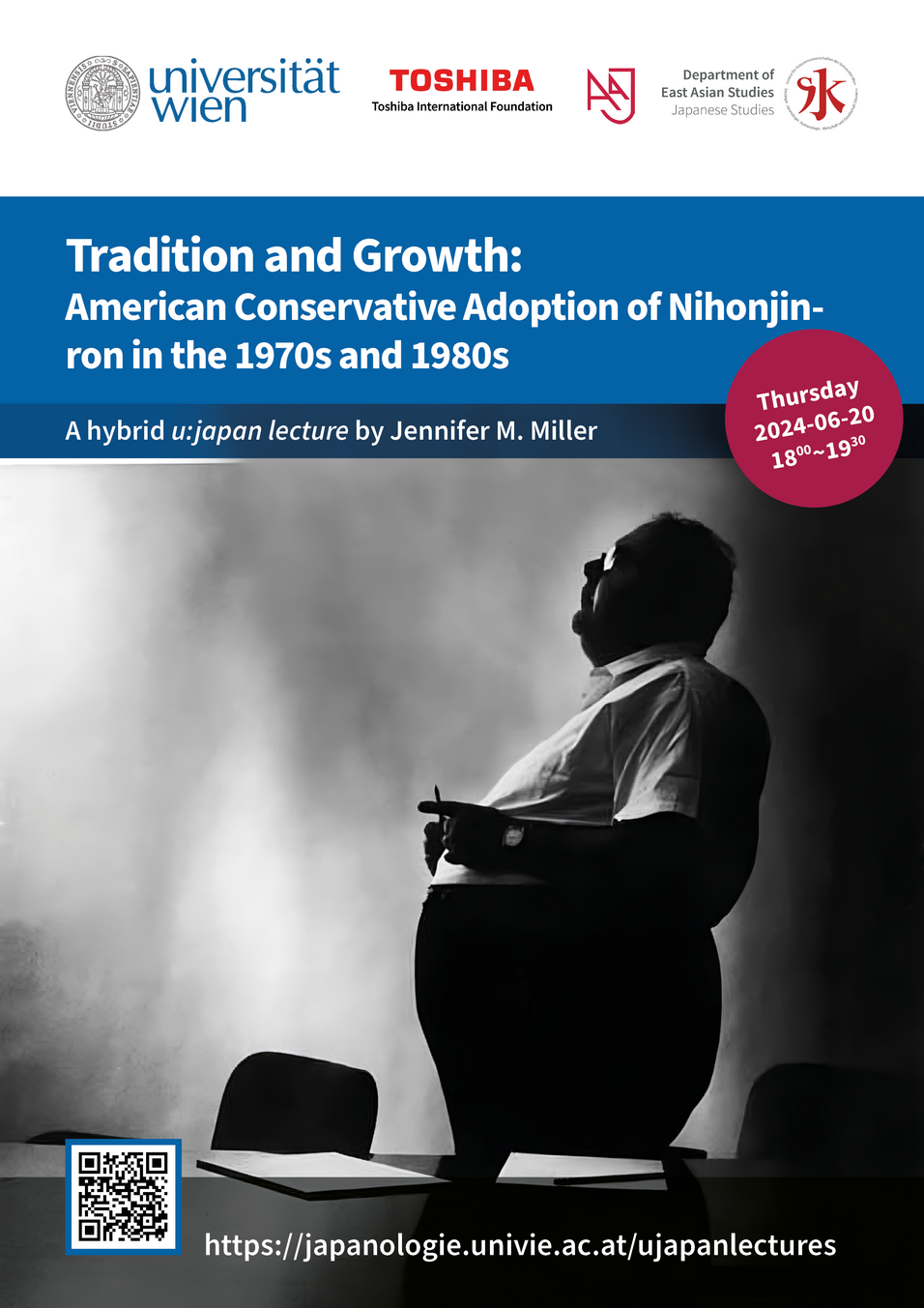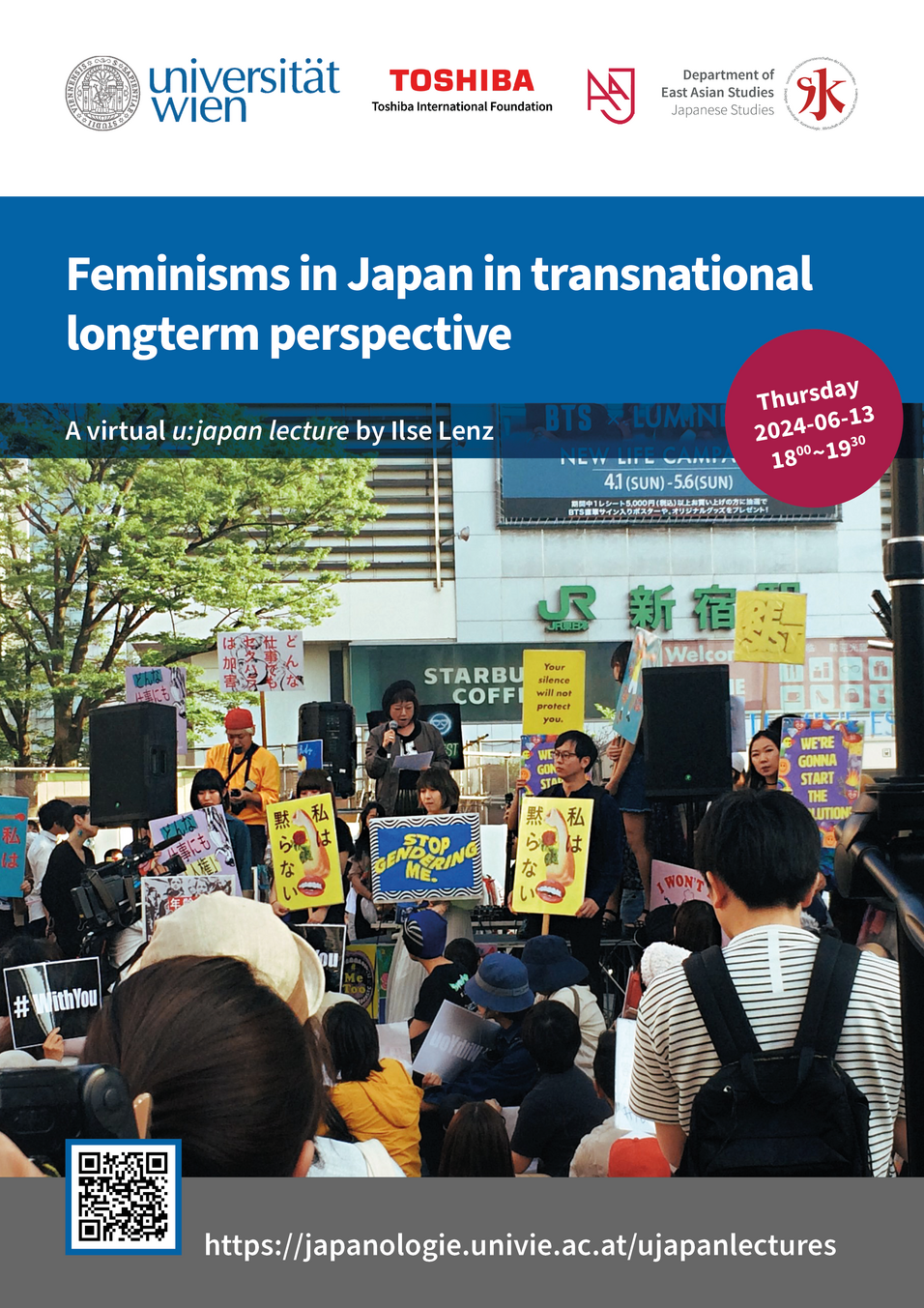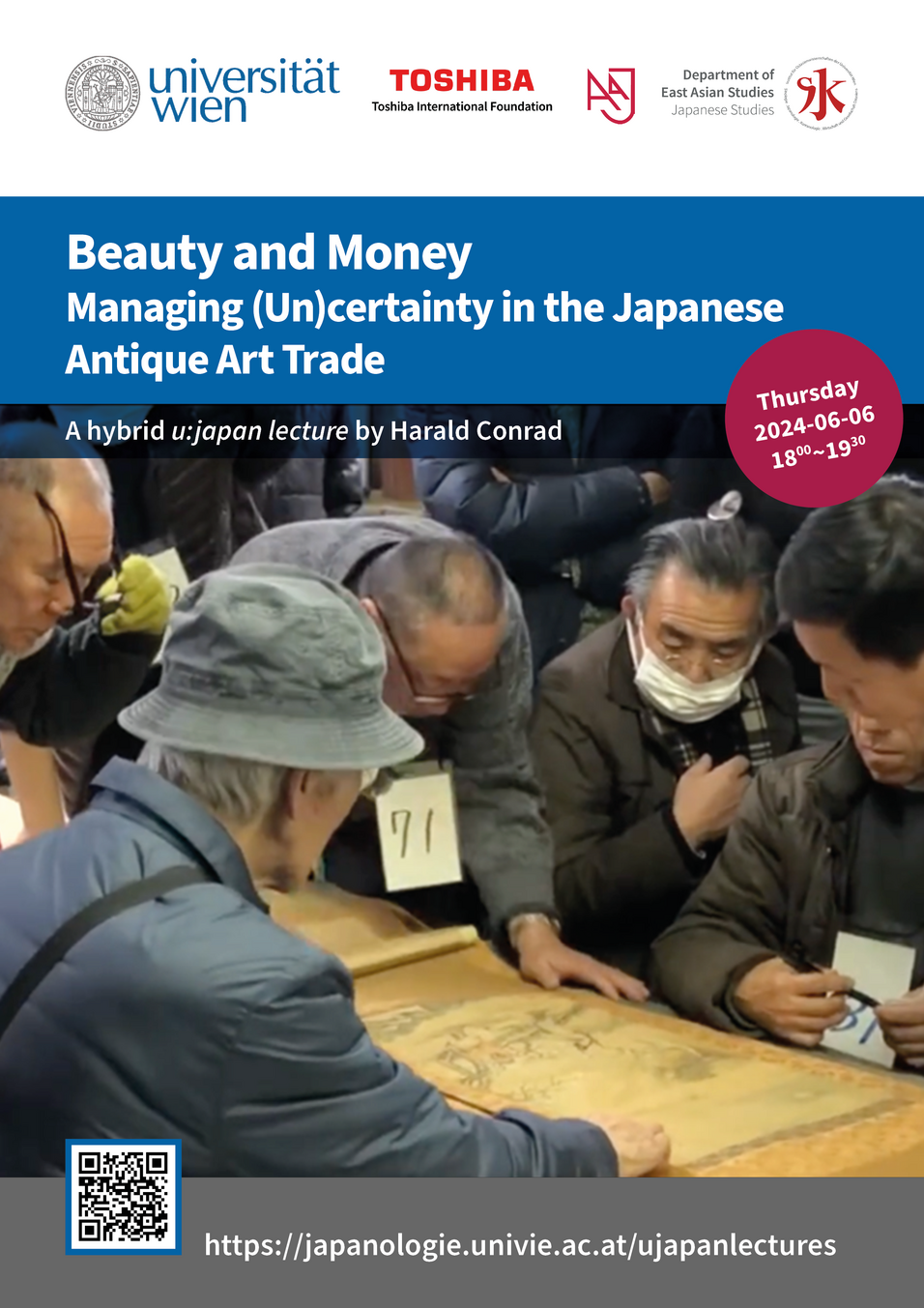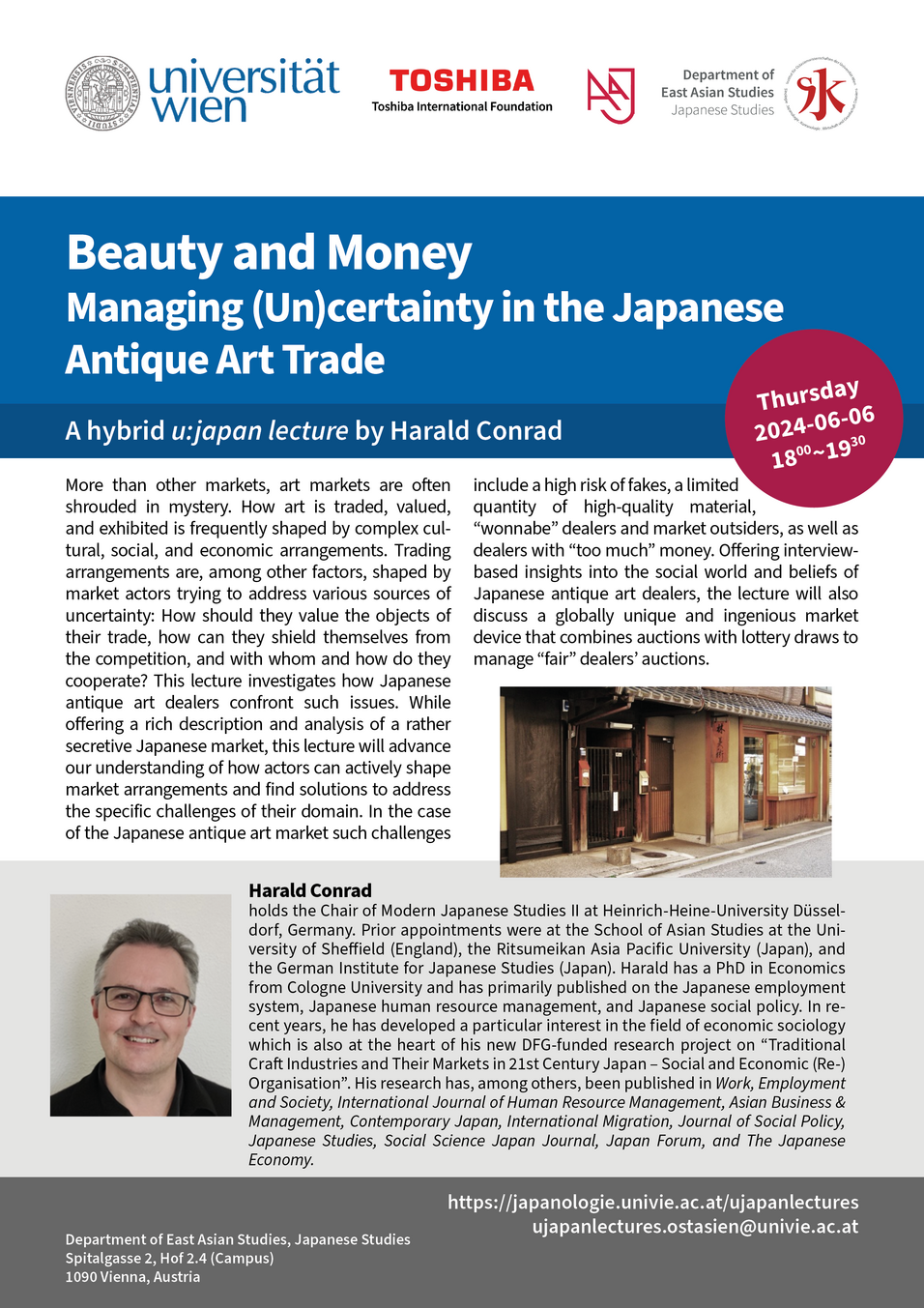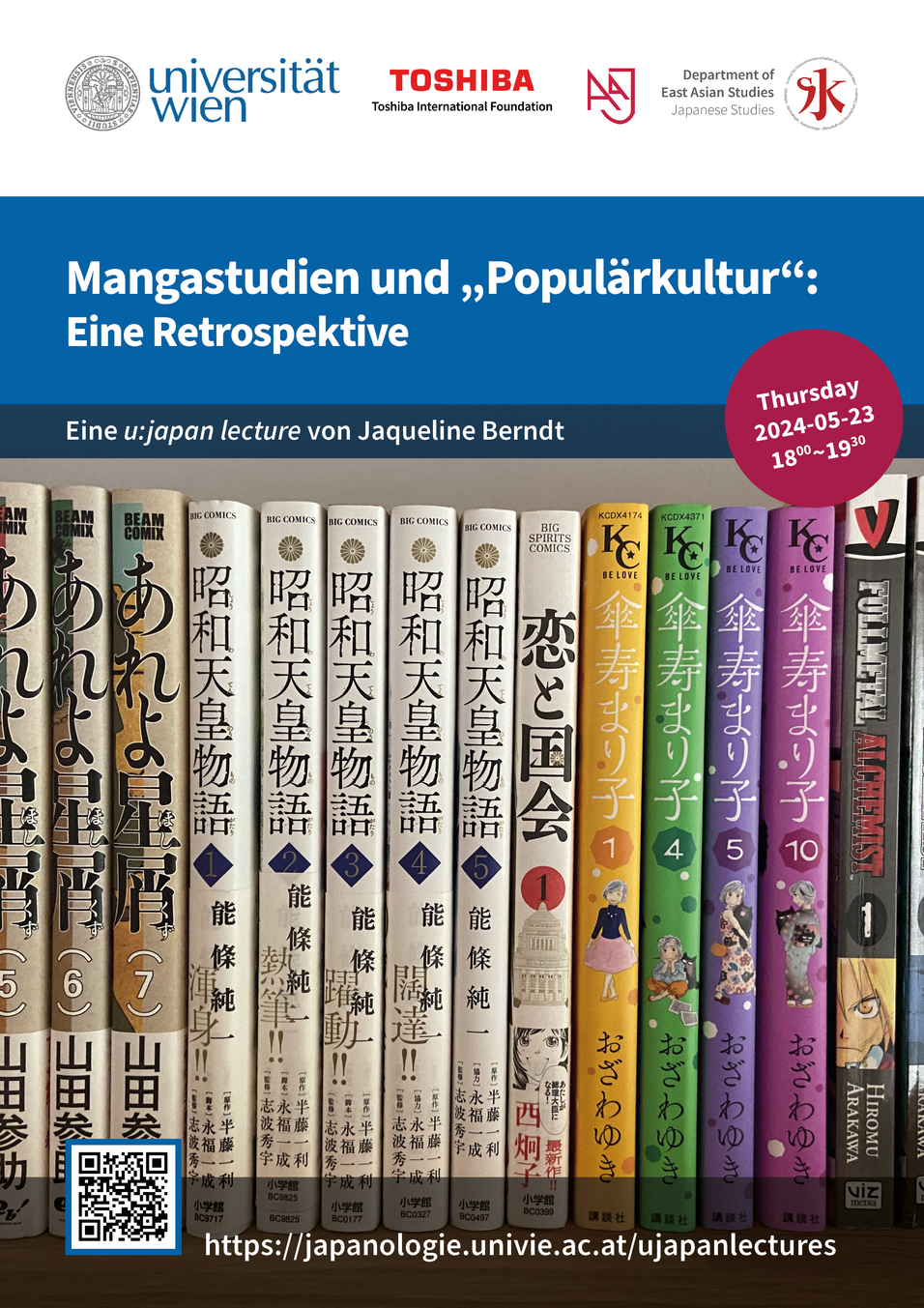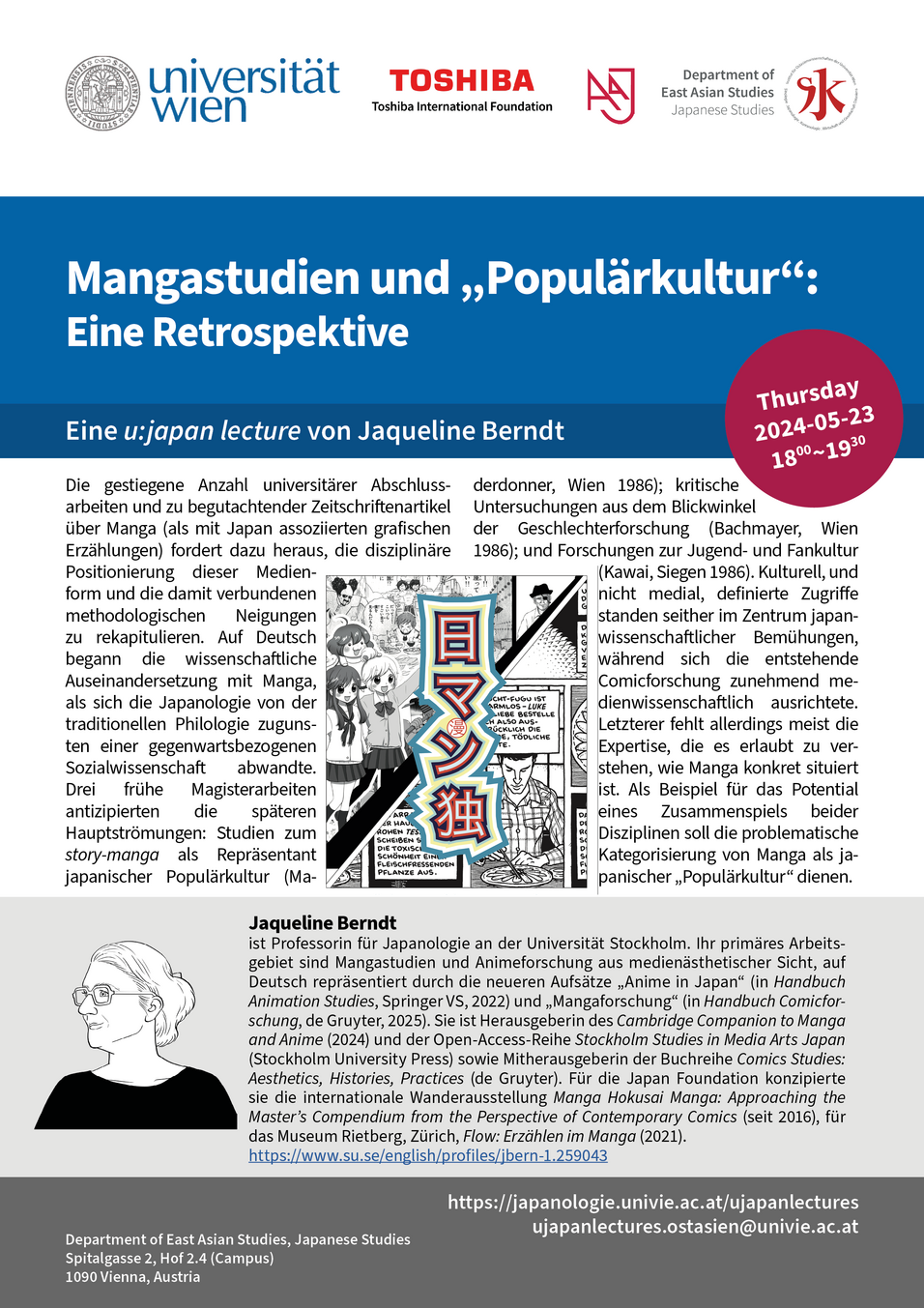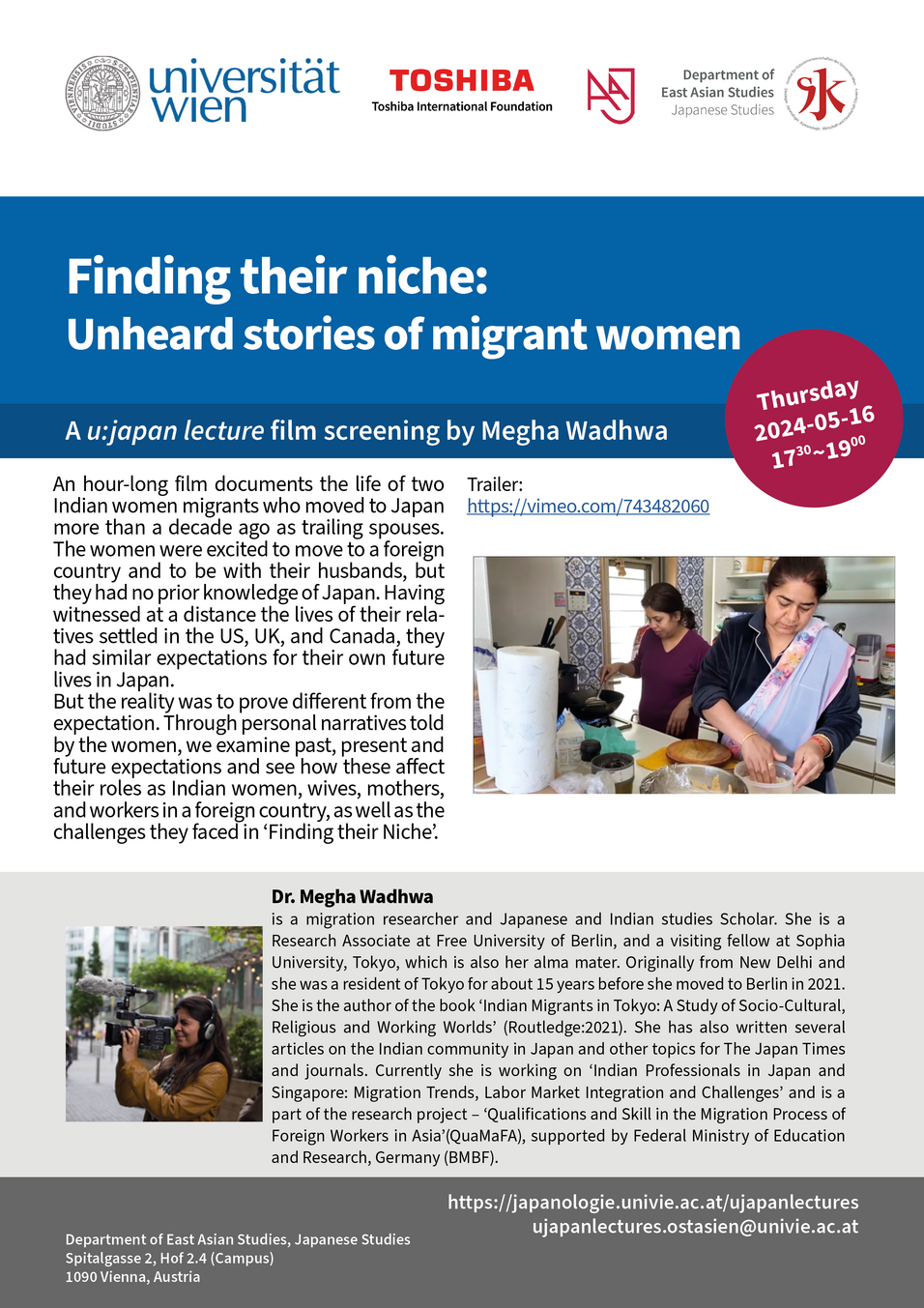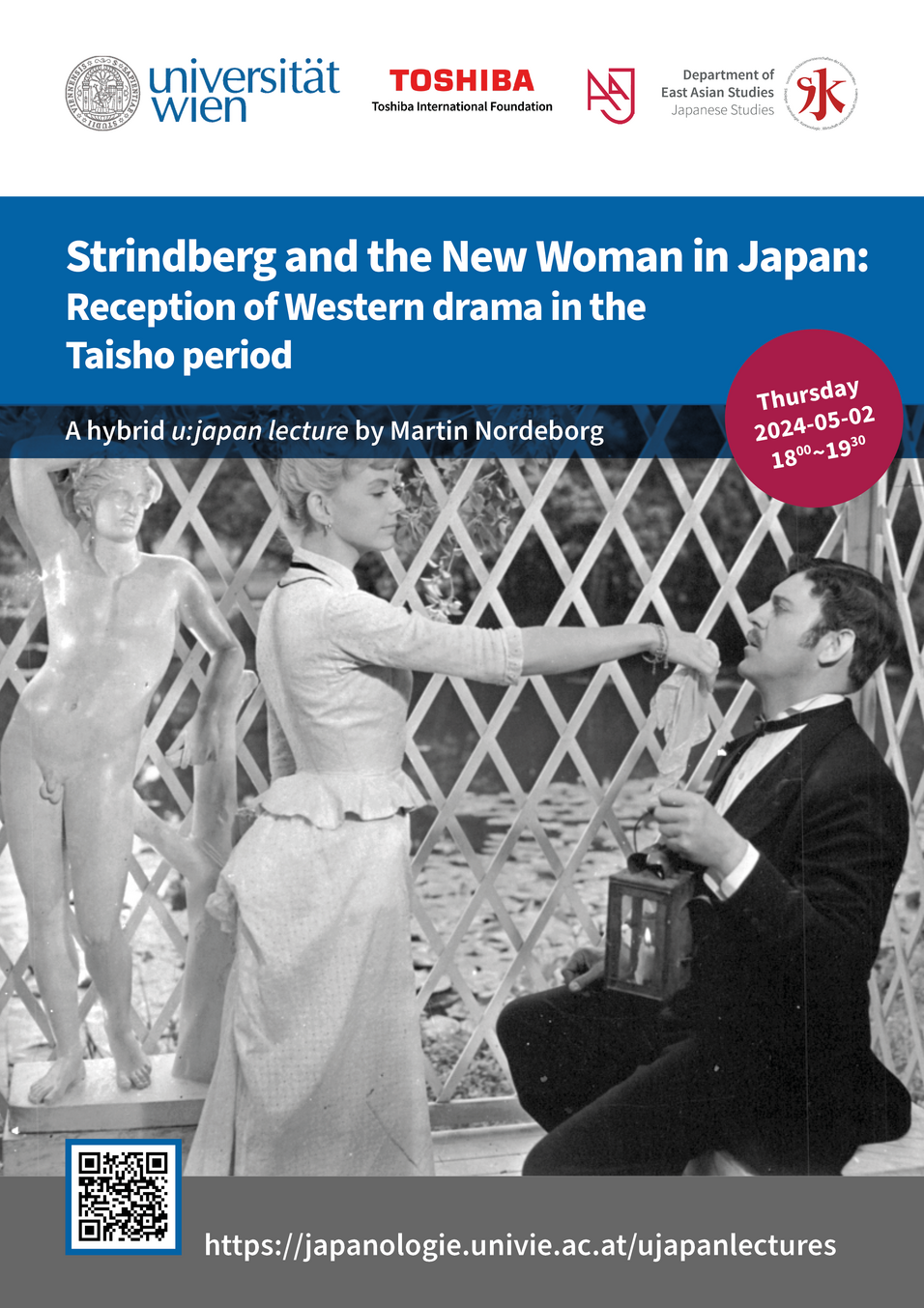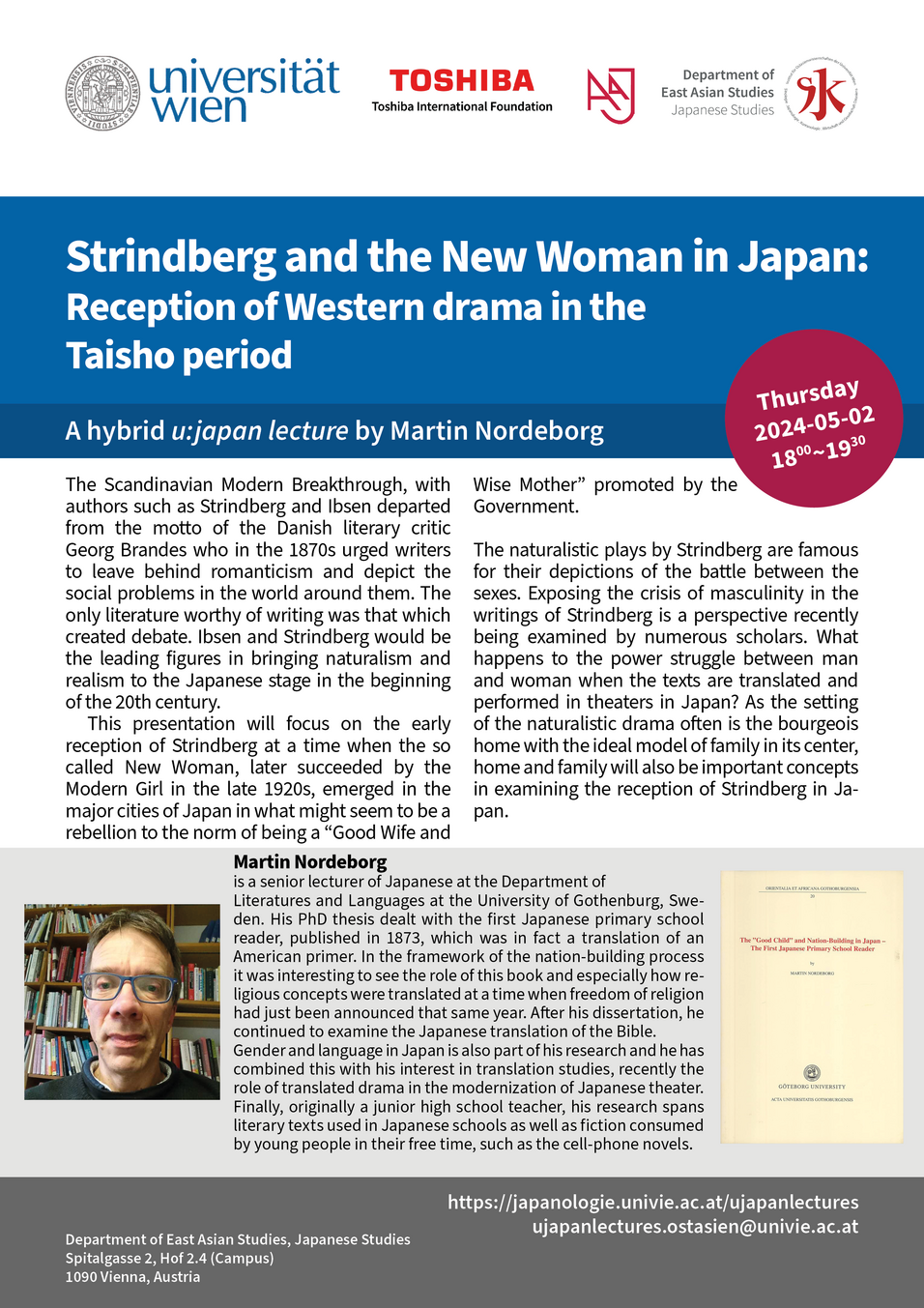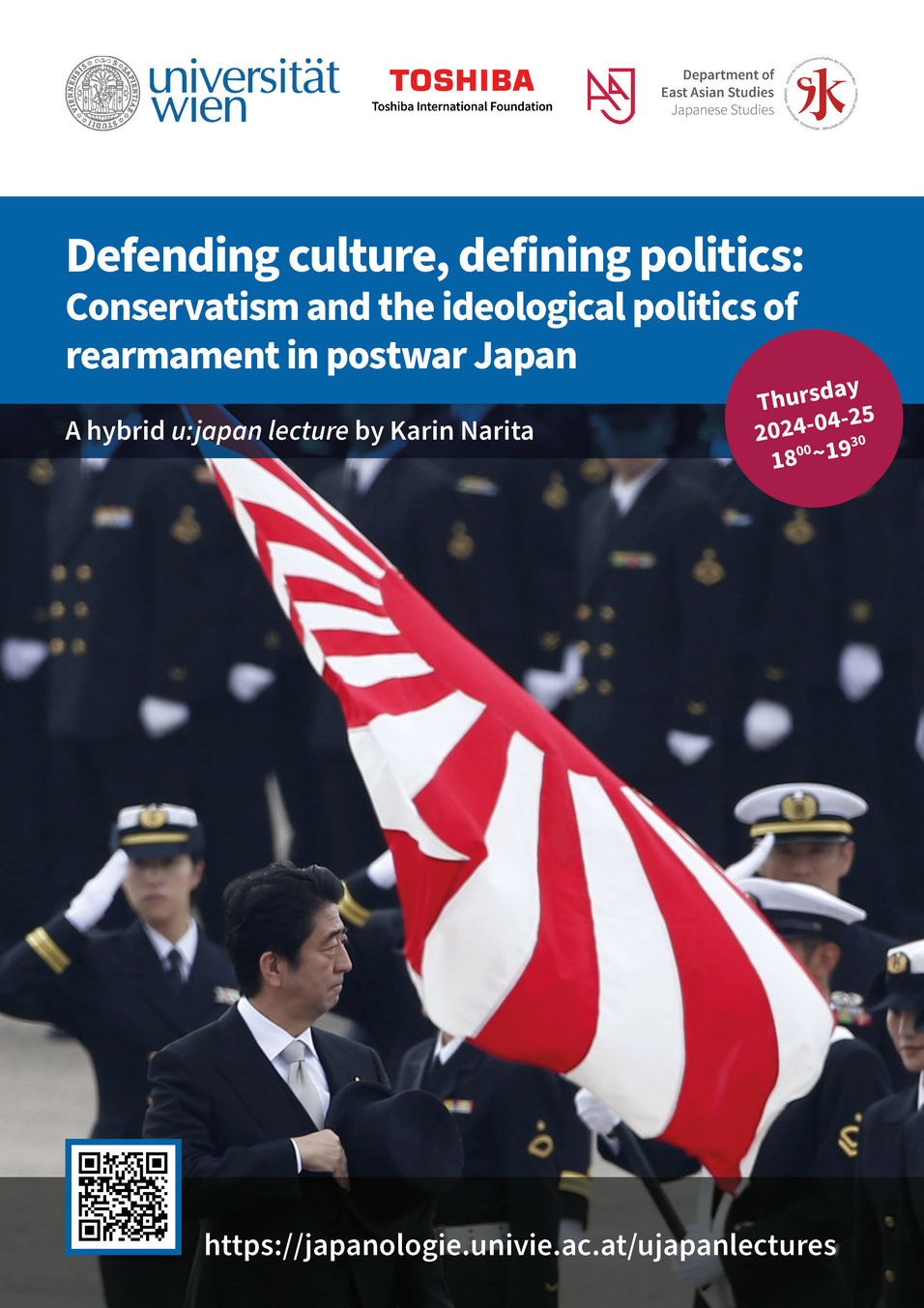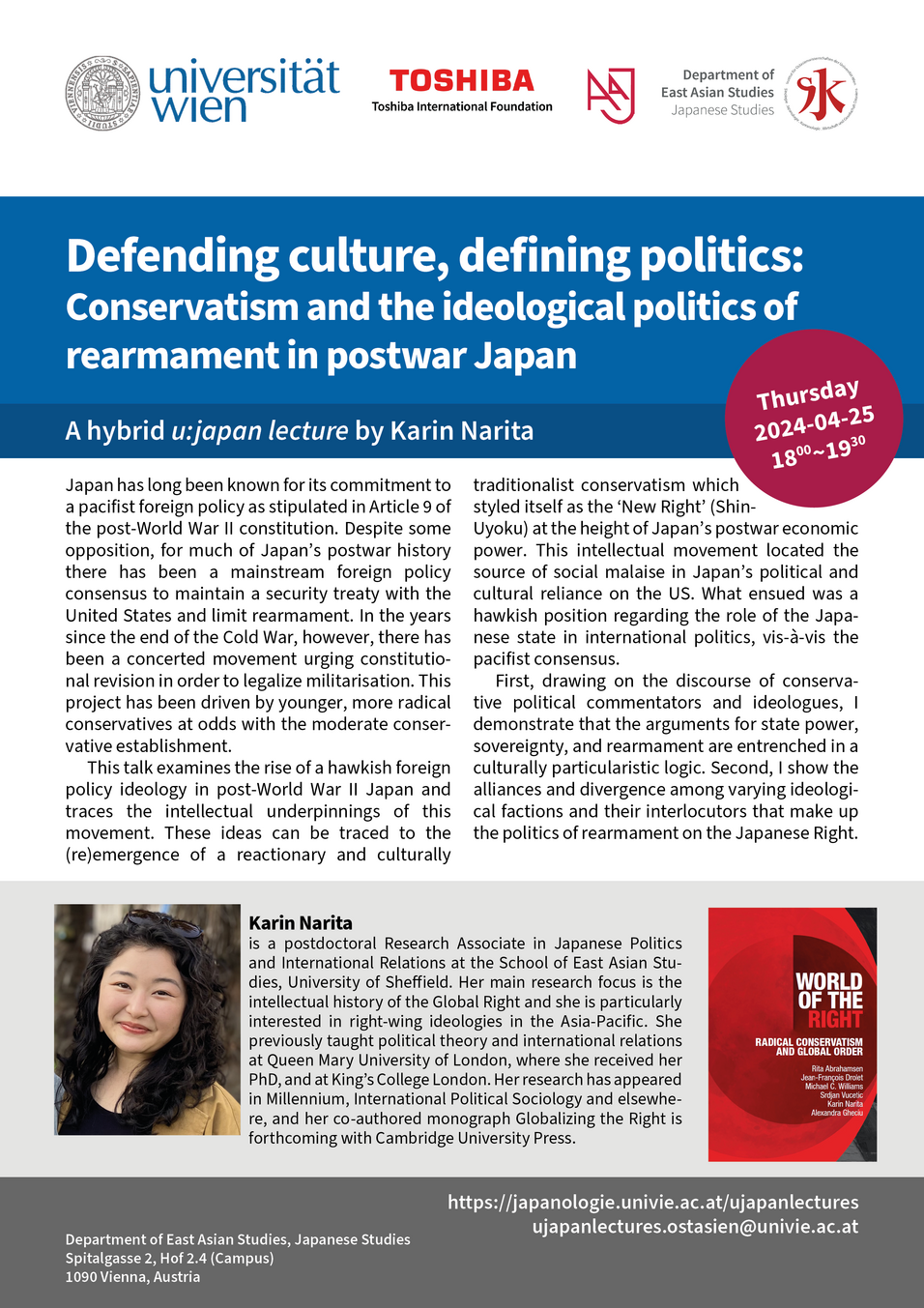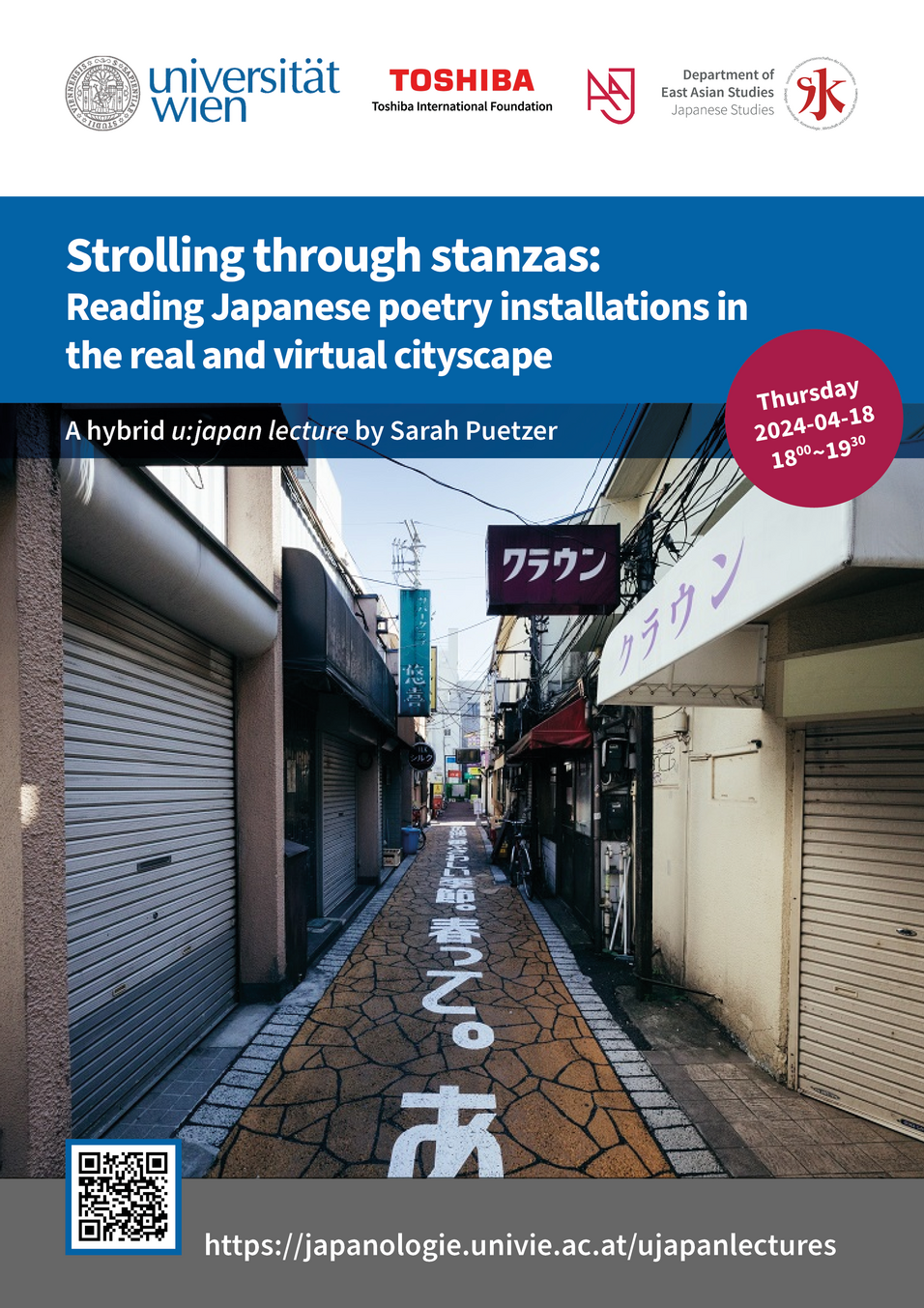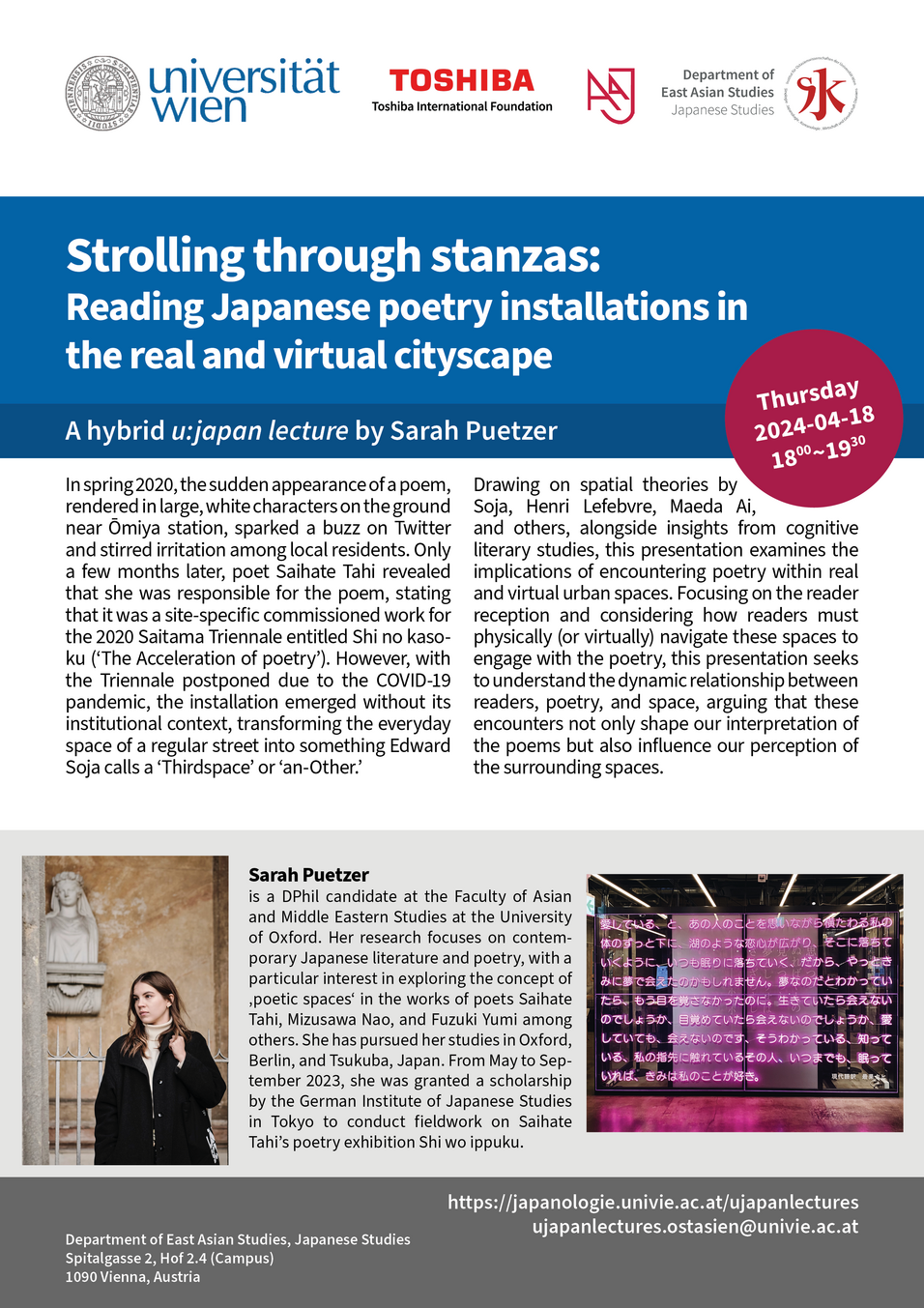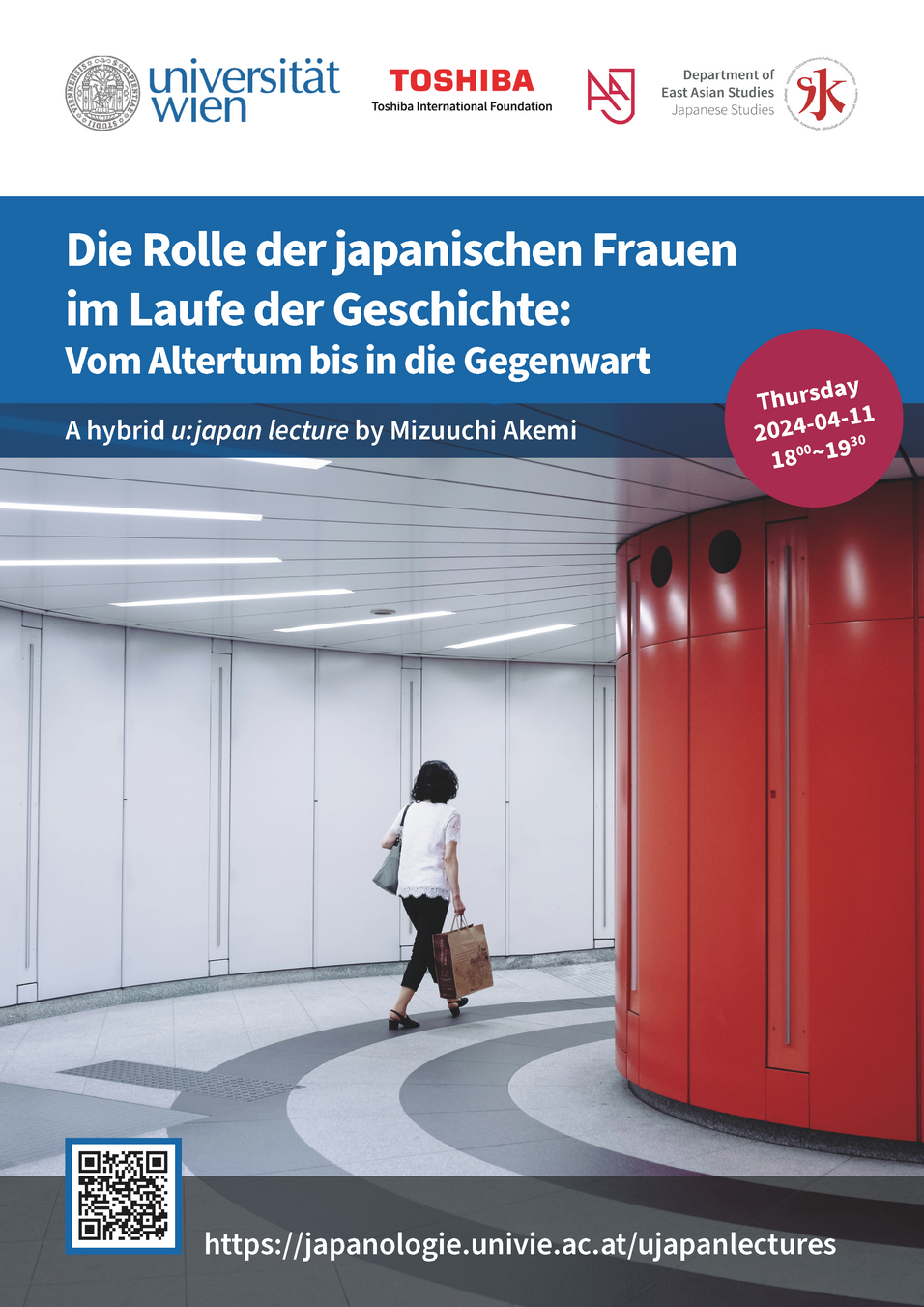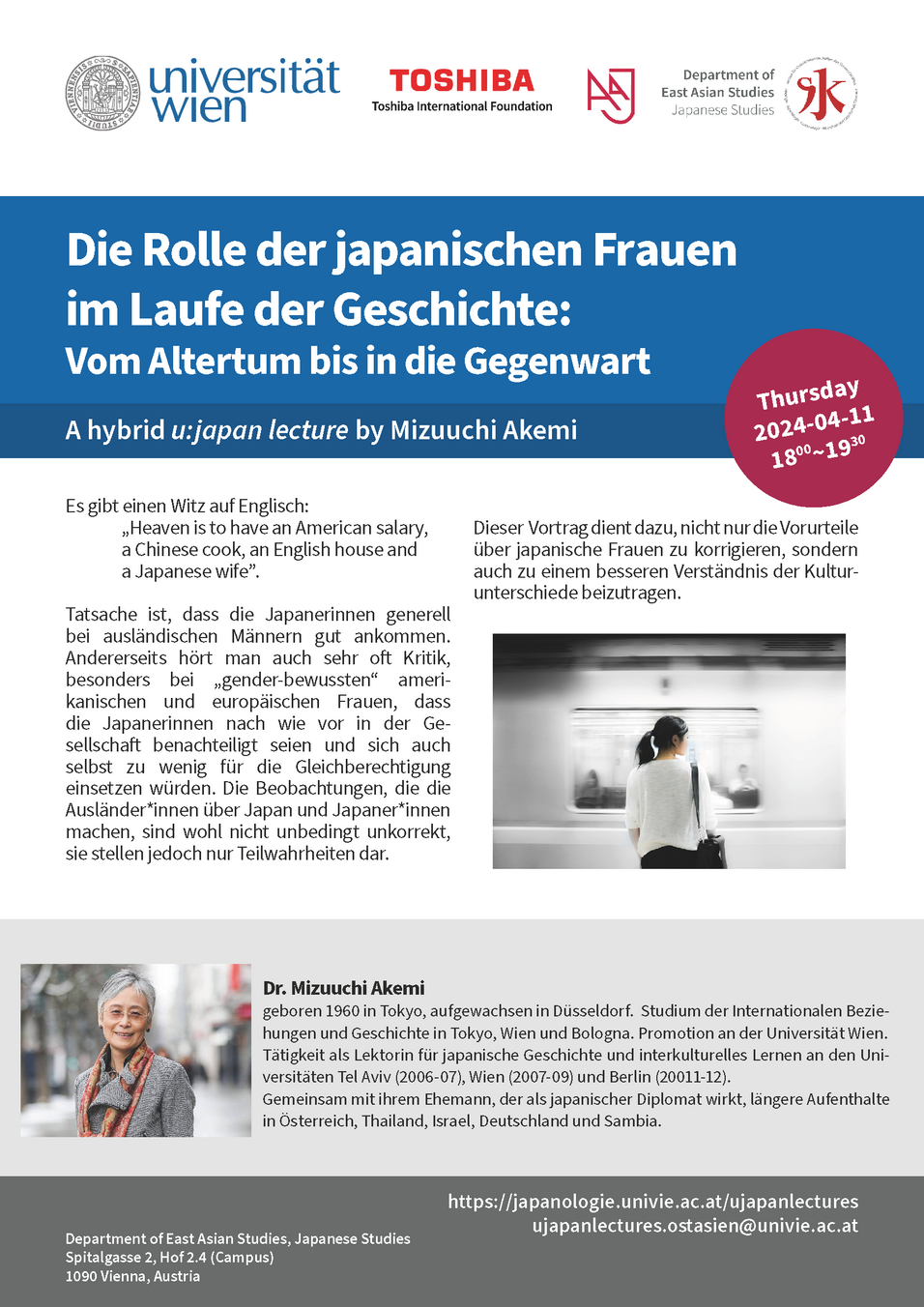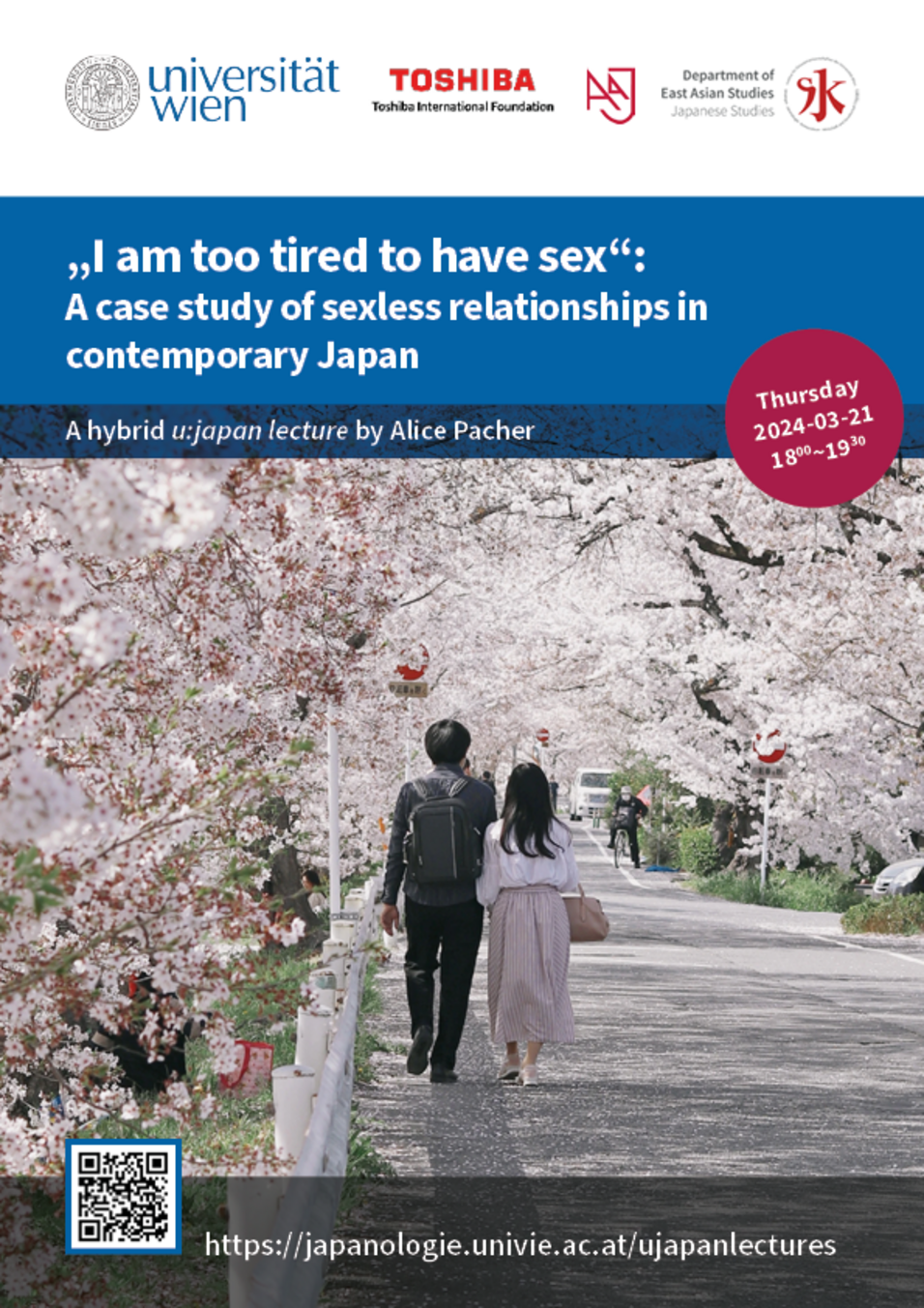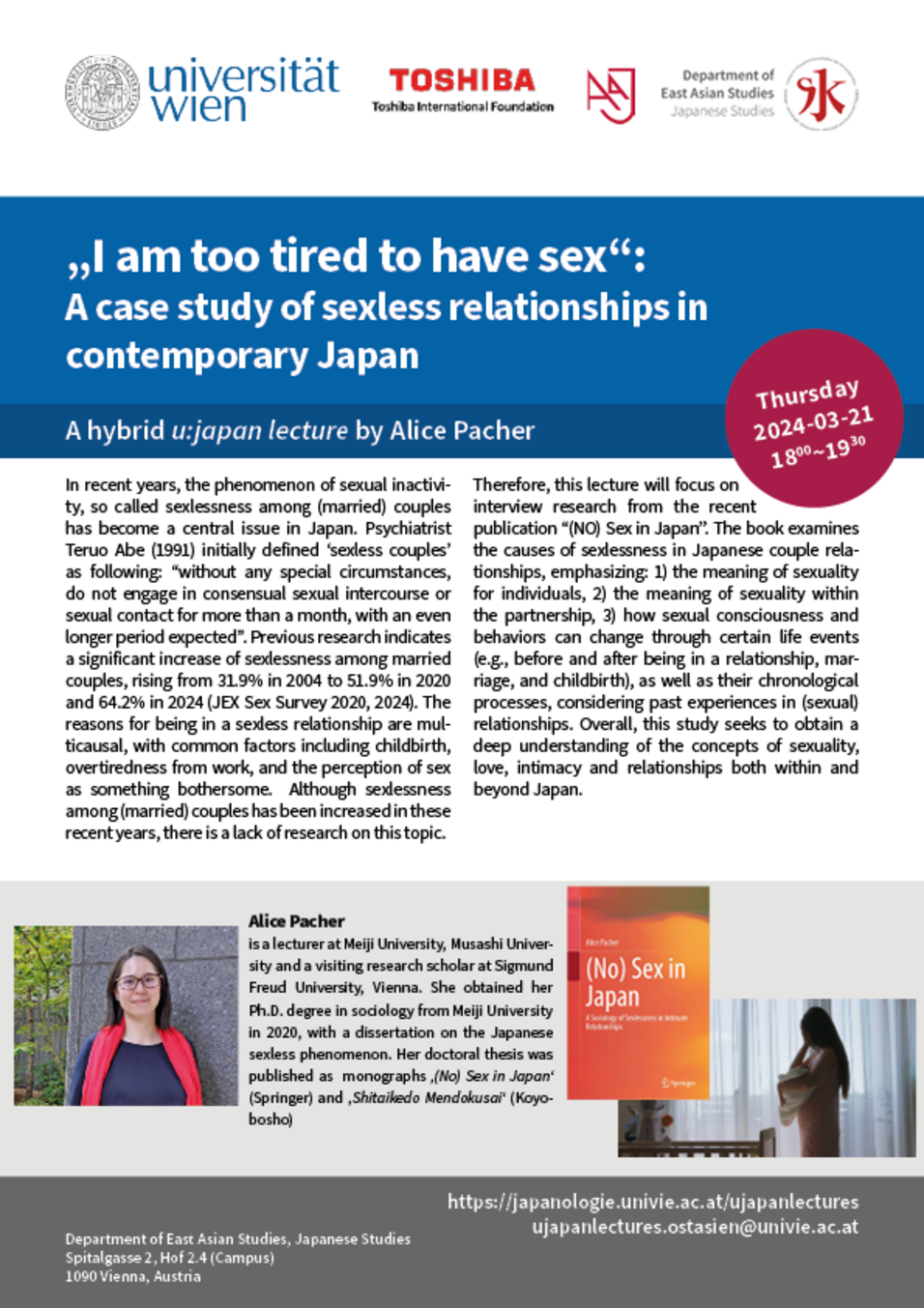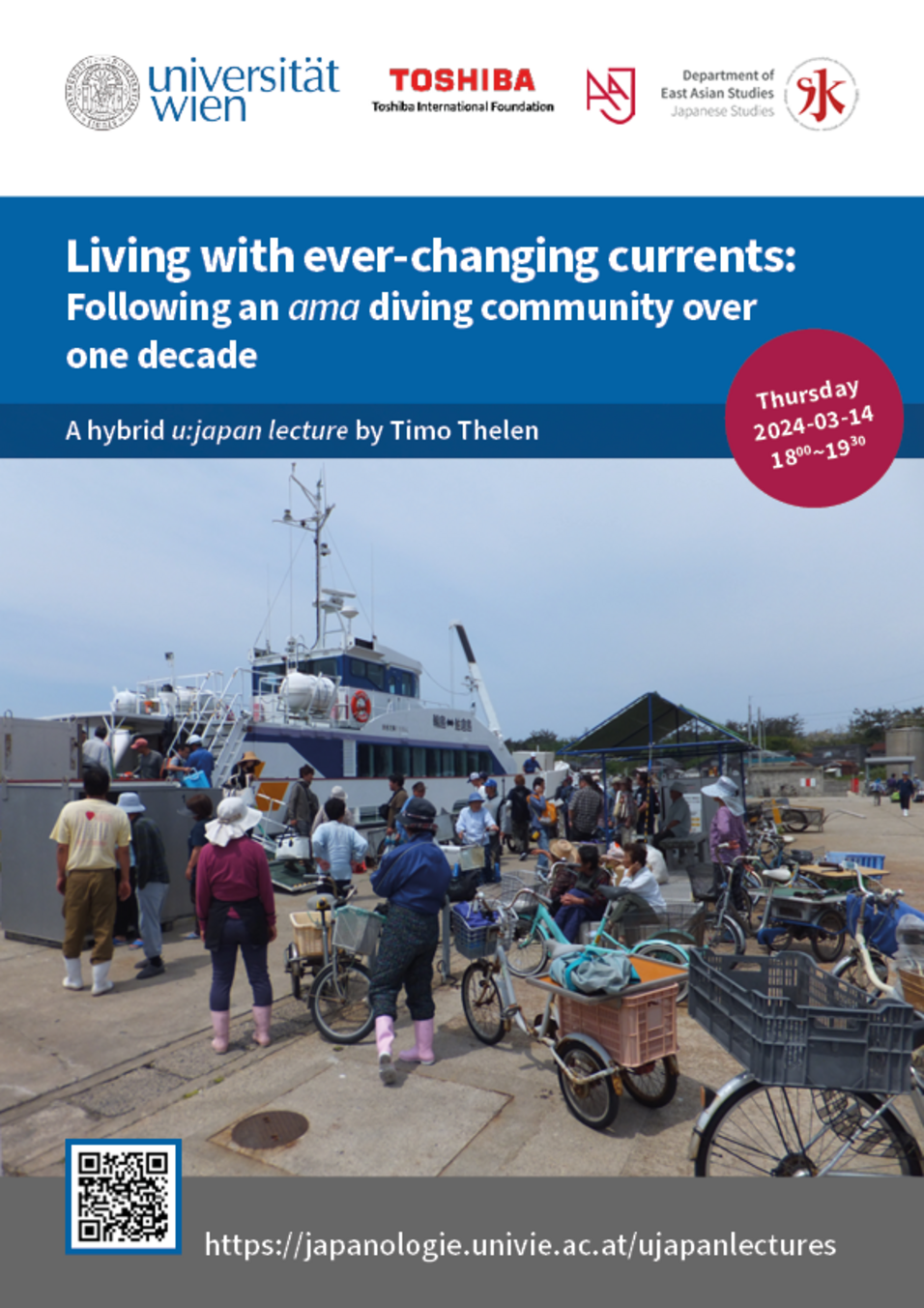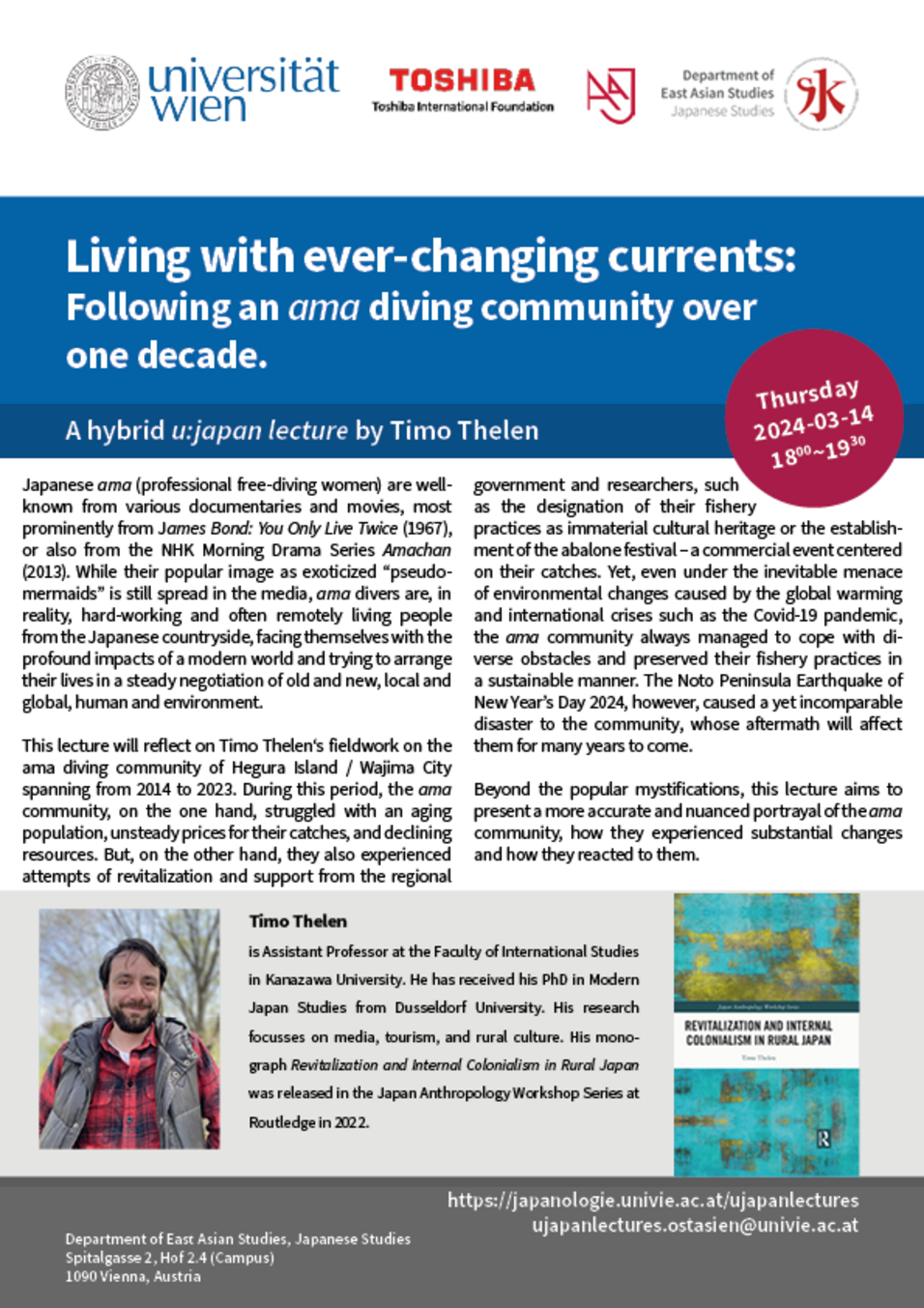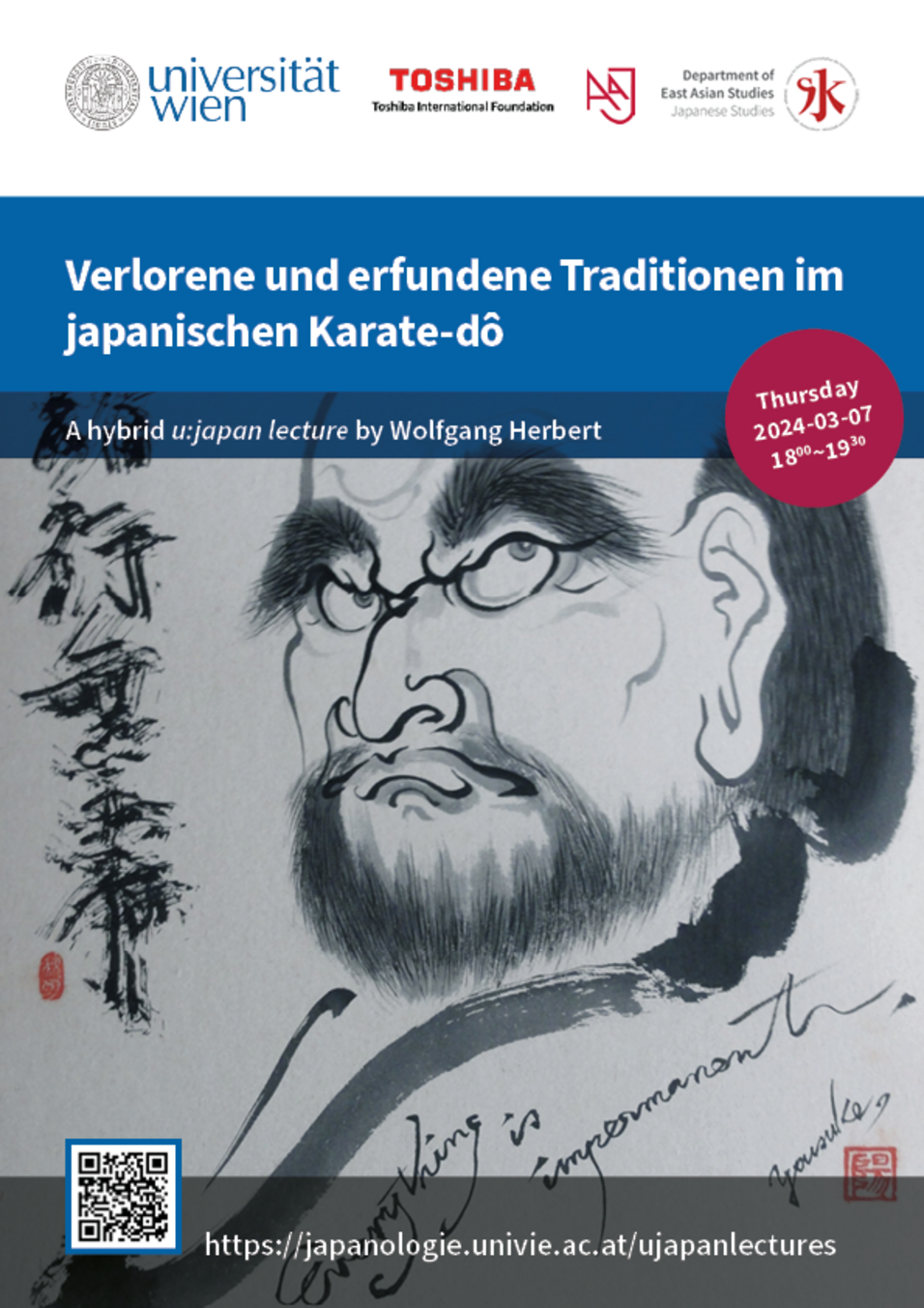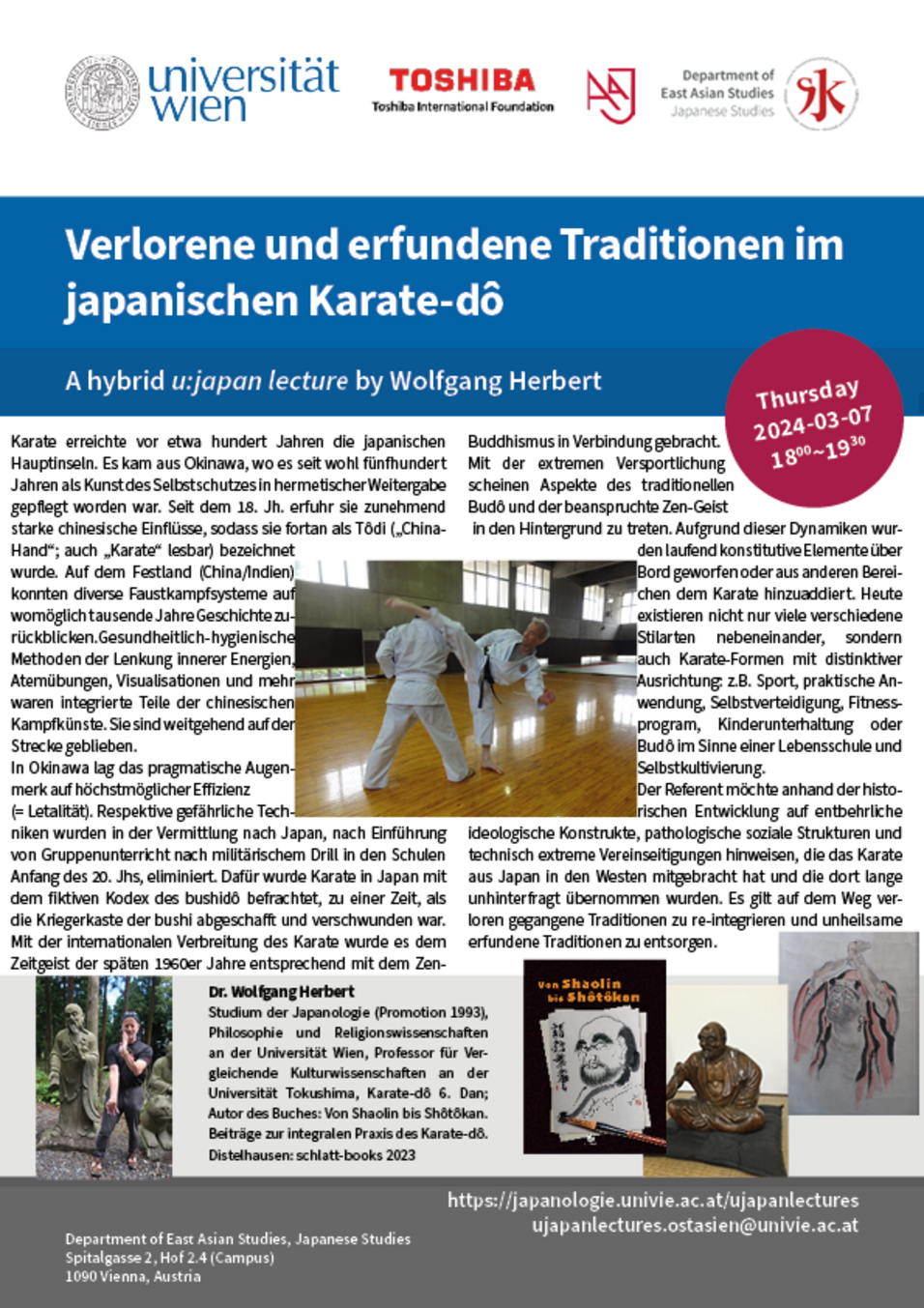| Abstract |
Attributes of the weak, fragile, and vulnerable are an important characteristic of the appeal of Japanese popular culture and new technologies. Take, for instance, moe and kawaii kyara, which openly display their clumsiness, helplessness, shame, confusion, drowsiness, coordination difficulties or their lack of physical strength and speed. Yowai has also found its way into the public sphere, including advertising, even in areas where one would not expect it at first glance, for example in the deliberately “soft” advertising campaigns of the Japanese army or the police. Currently, the concept of the non-perfect has also been incorporated into the realization of so-called yowai robotto. In contrast to conventional concepts that focus on strength, perfection, and dexterity, the yowai robotto developed by Okada Michio is popular and useful precisely because of its “weakness”. A wastebasket robot, for example, that is not even able to pick up garbage from the floor, or a narrator robot that constantly forgets the plot of the story and stutters trigger the same reaction in adults and children: they support the weak object without being asked and thereby form a strong affective bond with it. The idea of hōgan biiki (sympathy for the weak), which is still popular today, goes back to the antihero Minamoto no Yoshitsune, who found himself in a hopeless situation but became one of the most popular characters in Japanese theater for this very reason. Ivan Morris’ study The Nobility of Failure (1975), which examines a series of vulnerable figures in Japanese literary and cultural history, was published almost half a century ago, but underdogs have lost none of their topicality, quite the contrary. What constitutes vulnerability and why does it trigger such a strong affective reaction? Does yowai have a greater identifying and stabilizing potential than strongness and perfection? The lecture will present the implications of yowai, how exactly it manifests itself in individual forms of representation and why the concept of yowai is so irresistible. Furthermore, the online encyclopedia “Yowai Japan – The Encyclopedia of Vulnerability,” which is currently being created, will also be presented.
| Bio |
Elena Giannoulis is Professor of Japanese Literature at the Department of History and Cultural Studies at the Freie Universität Berlin. Furthermore, she is the Principal Investigator of the European Research Council (ERC) research group “Emotional Machines: The Technological Transformation of Intimacy in Japan”. She studied Japanese Studies and Literary Studies at the Freie Universität Berlin and Keiō University. In September 2009, she received her PhD in Japanese Studies. Her fields of interest include modern and contemporary Japanese literature and culture, affects and emotions, digital communication and new technologies as well as forms of attachment and detachment in present-day Japanese society. Her first book, published in 2010, deals with the notion of “authenticity” in contemporary Japanese literary self-narratives. Giannoulis is the co-editor of the Routledge volume Emoticons, Kaomoji and Emoji: The Transformation of Communication in the Digital Age (2020). In addition, she is a translator of Japanese literature.
| Date & Time |
u:japan lecture | s08e13
Thursday 2024-06-27, 18:00~19:30
| Place & Preparations |
| Plattform & Link |
https://univienna.zoom.us/j/67289871455?pwd=VZY3ygeSdVWFS3MozIGD4LaOtTXbqT.1
Meeting ID: 672 8987 1455 | Passcode: 059979
| Further Questions? |
Please contact ujapanlectures.ostasien@univie.ac.at or visit https://japanologie.univie.ac.at/ujapanlectures/s08/#e13.





